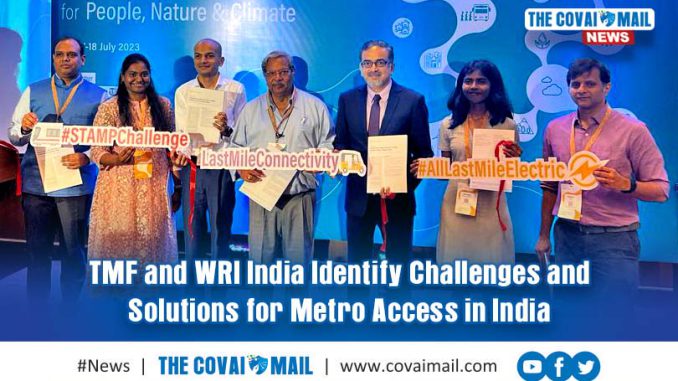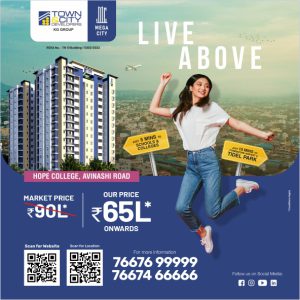
Toyota Mobility Foundation (TMF) and WRI India have jointly launched a working paper titled ‘Improving Metro Access in India: Evidence from Three Cities’ during Connect Karo 2023, an event organized by WRI India focusing on sustainable development. The paper presents crucial insights into the accessibility and usage of metro systems in Nagpur, Delhi, and Bengaluru and its impact on last-mile services.

The study highlights that despite significant investments, the lack of efficient last-mile connectivity remains a major obstacle in maximizing metro ridership. The research indicates that the demographic of 18- to 35-year-olds predominantly uses Indian metro systems to access workplaces and educational institutions. Shared and low-cost modes of transport, like walking and shared autos, are preferred for last-mile connectivity.
The paper emphasizes the need for comprehensive planning and robust data analysis to address last-mile connectivity challenges effectively. Recommendations include high-frequency last-mile services, gender-inclusive fare structures, and reducing wait times to expand a metro station’s effective catchment area. By adopting these recommendations, India can unlock the full potential of its metro systems and promote sustainable urban development with seamless integration of public and private transportation.
“The paper emphasizes the need for robust data collection and analysis of commuter behavior for each station. This will enable cities to design appropriate services that respond better to the needs of commuters. Understanding last-mile commuter behavior is crucial for increasing ridership, as it has been identified as the biggest hindrance to utilizing the metro,” said Madhav Pai, Chief Executive Officer, WRI India.
“Not all cities are the same, and not all catchment areas around a metro station are the same. The types of commuters are different. Their travel patterns and mobility needs are different. Understanding this diversity is critical to understand the best way to seamlessly integrate first and last-mile mobility into the metro journey. Appropriately grasping these critical insights, the working paper serves as a call to action for policymakers, urban planners, and stakeholders in the transportation sector to adjust the key parameters that drive the metro journey, including journey information, booking services, hardware and software used for first and last mile, seamless payment methods, etc. By adopting the recommendations outlined in this paper, India can further unlock the full potential of its metro rail systems, by placing the commuter experience at its center, and contributing to sustainable urban development with the best integration of public and private transportation,” said Pras Ganesh, Executive Program Director, Asia Region, Toyota Mobility Foundation.
